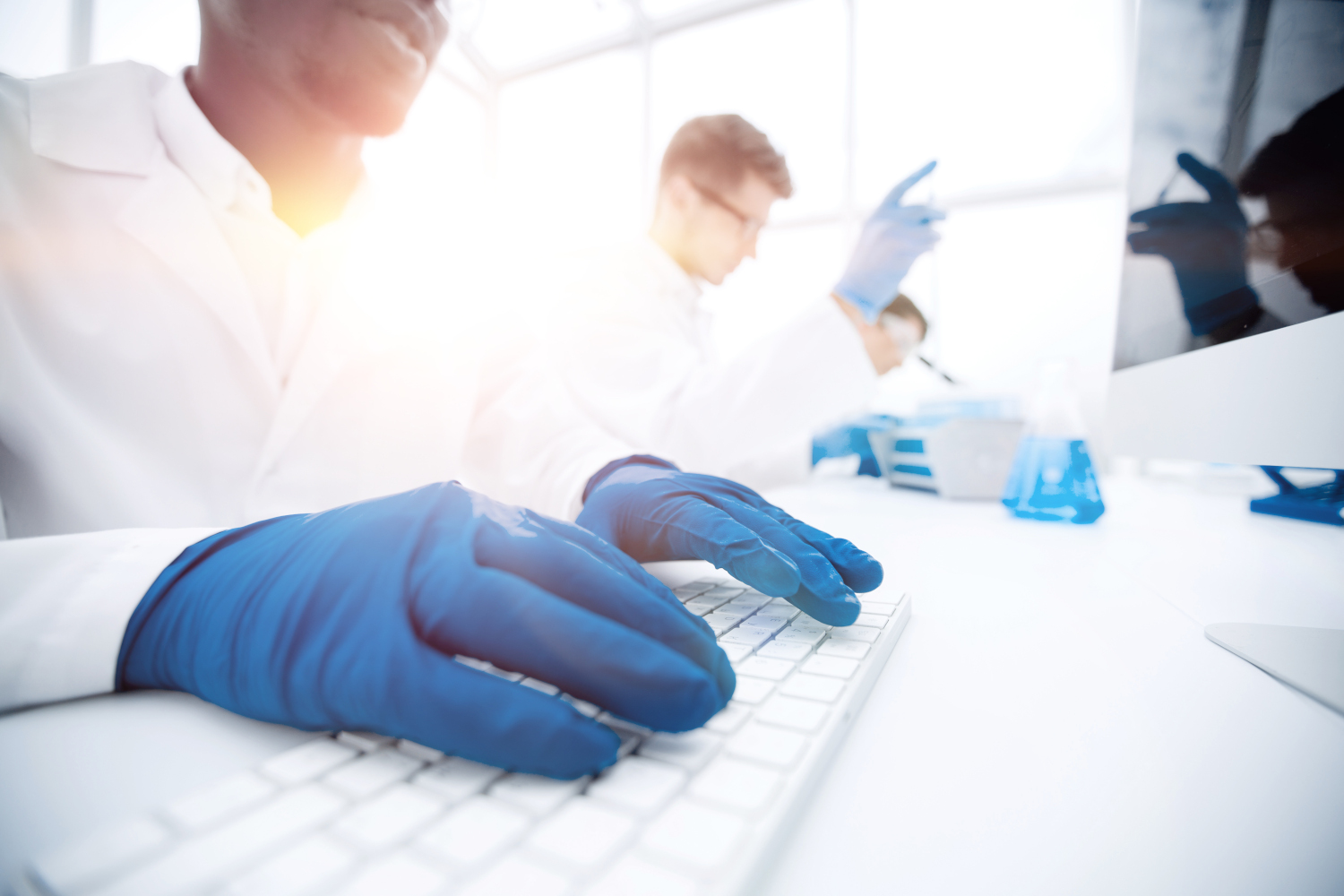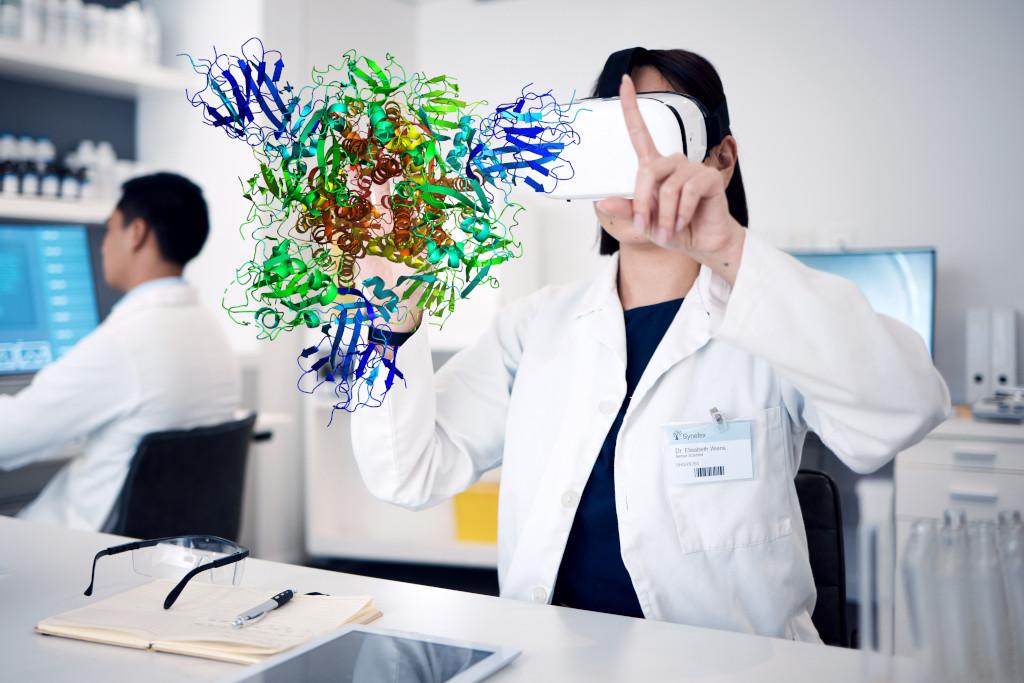Laborinformatik
- Home
- Laborinformatik
Laborinformatik

Open the future for your Lab
Unlock the potential of data analysis with cutting-edge Scientific Application Development services. Benefit from analytical and laboratory applications built with users in mind, offering tailored solutions designed to optimize operations and empower teams.
Our expertise in crafting analytical and laboratory applications with users in mind offers tailored solutions designed to optimize operations and empower teams. We prioritize the user experience, developing applications and workflows that are intuitive, efficient, and reliable.
Tailored Software Solutions for Modern Labs
Workflow Development & Optimization
Creating and enhancing data analytics and laboratory workflows to increase efficiency and reduce manual workload.
Custom Software Development
Building scientific and lab applications tailored to the unique requirements of your laboratory, ensuring your team has the right tools to succeed.
AI/ML Solutions
Leverage the power of artificial intelligence and machine learning predictions to drive efficiency and innovation in your laboratory operations.
User Training & Support
Providing comprehensive training and continuous support to ensure your team can effectively utilize the developed solutions, workflows and state of the art tools.
FAQs - Lab Informatics Service
Unleashing the Power of VR and AR
We firmly believe in the power of innovative technologies to revolutionize the way we approach complex challenges. In line with this, we have embraced the potential of Virtual Reality (VR) and Augmented Reality (AR) as a transformative tool in the field of lab informatics. By creating immersive, interactive experiences, VR offers unique opportunities for data visualization, real-time collaboration, and efficient lab management.

New Ways of Data Exploration
Digital Twin and remote Maintenance

Bringing Your VR and AR Ideas to Life
Do you envision a use case that could harness the potential of Virtual or Augmented Reality? We would love to hear about it! Reach out to us to explore the possibilities VR and AR could open up for your organization. Together, we can transform your innovative ideas into reality and take your laboratory operations to new heights.
